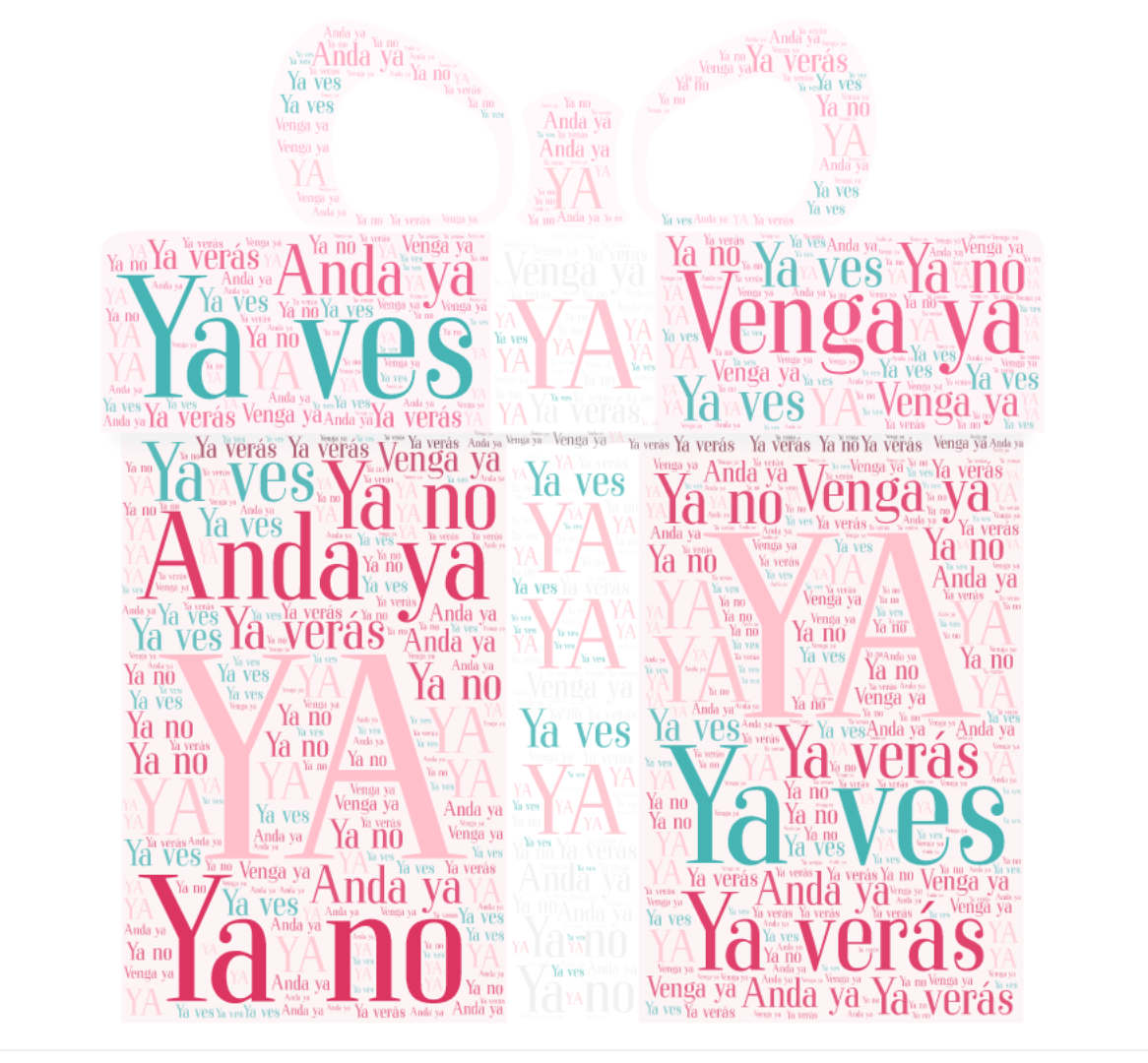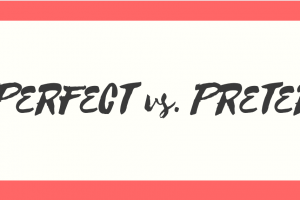LOS 7 USOS DE YA MÁS COMUNES

How and when to correctly use the uses of YA?
Hello everyone!
Are you tired of constantly hearing the word “already” ? Not sure what it means in each context? We understand you and that is why we bring you this gift with the uses of NOW .
“Ya” is a word that we constantly repeat in Spanish and does not always have the same meaning. Not even the natives themselves know that it can have so many uses!
But you are lucky ?This post will help you recognize and understand the different uses of “already” in different contexts . From now on your confusion will disappear!
To start, we have created a classification of the most common uses:
1. NOW + indicative present: result of a process. BEFORE NO, NOW YES
Example:
I ‘m ready, we can go. (I wasn’t prepared before but now I am)
I am already ready, we can go.
2. NO LONGER + present indicative: NOT NOW, BEFORE YES.
Example 1:
Julia and Simon are no longer together
Julia and Simon are not together anymore .
Example 2:
I don’t go to painting classes anymore.
I am not going to painting classes anymore .
3. ALREADY + passed in indicative: action completed, completed.
Example 1:
Normally at nine I have already had breakfast.
Normally at 9 o’clock I’ve already had breakfast.
Example 2:
I’ve already eaten everything on the plate
I have already eaten all of it.
4. Already + future: ensure that something will happen.
Example 1:
You ‘ll see how rich these ham sandwiches are.
You’ll see how good these ham sandwiches are.
Example 2:
My best friend has no job but he will find it .
My best friend doesn’t work but he will find a new job soon.
5. Already: NOW SAME
Example:
– Food is on the table!
– Now I go, dad.
-Not now, now!
-Lunch is ready!
-I’m coming in a moment, dad
– Not in a moment, right now !
6. Already: YES (to show understanding and acceptance)
Example:
– Manu can’t come to Friday’s dinner.
– Ya , he’s sick.
-Manu is not coming to dinner with us on friday .
– Yes I know , he doesn’t feel well.
7. Other expressions with “already”:
1. You see : it indicates the confirmation of something that is said:
Example:
– How cold it is here!
– You see , let’s get warm.
-It is freezing here!
– I agree , let’s wrap up!
2. Go now! / Come now! : to deny a comment because we don’t believe it or it seems exaggerated.
Example:
– I have been in 20 different countries
– Go now! How many?
– Yes, I swear.
– Come on!
– I have been in 20 different countries.
– No way ! So many?
– Yes, I swear.
– I don’t believe it .
As you see, “already” depends on other words or context to have meaning. It does not have a single meaning , so it is one of the most complex words in Spanish.
¿Te animas a identificar los distintos usos de “ya”? Lee esta conversación de dos amigas por teléfono:
– Hola Celia, ya estoy en casa. ¿Quieres venir? Ya he avisado a Claudia y a Pedro; y vienen sobre la hora de cenar. Ya verás qué bien nos lo pasamos. Podemos ver una película. ¿Qué dices?
– Vale, genial, pero prefiero ir ya. Si voy más tarde me va a dar más pereza… ¿Te importa?
– Claro, puedes venir ahora mismo si quieres.
– Perfecto. Por cierto, ¿sabes que ya no me voy a vivir a Valencia?
– ¡Venga ya! ¿De verdad? Ahora nos vemos todos y nos cuentas…
Simple, right? Now you can try it. Our recommendation is to deduce and internalize these uses and then put them into practice through conversations.
You want to start and to practice and have more fluently? You can request your free trial with us . You will see that your Spanish will improve.
See you soon!
RV



